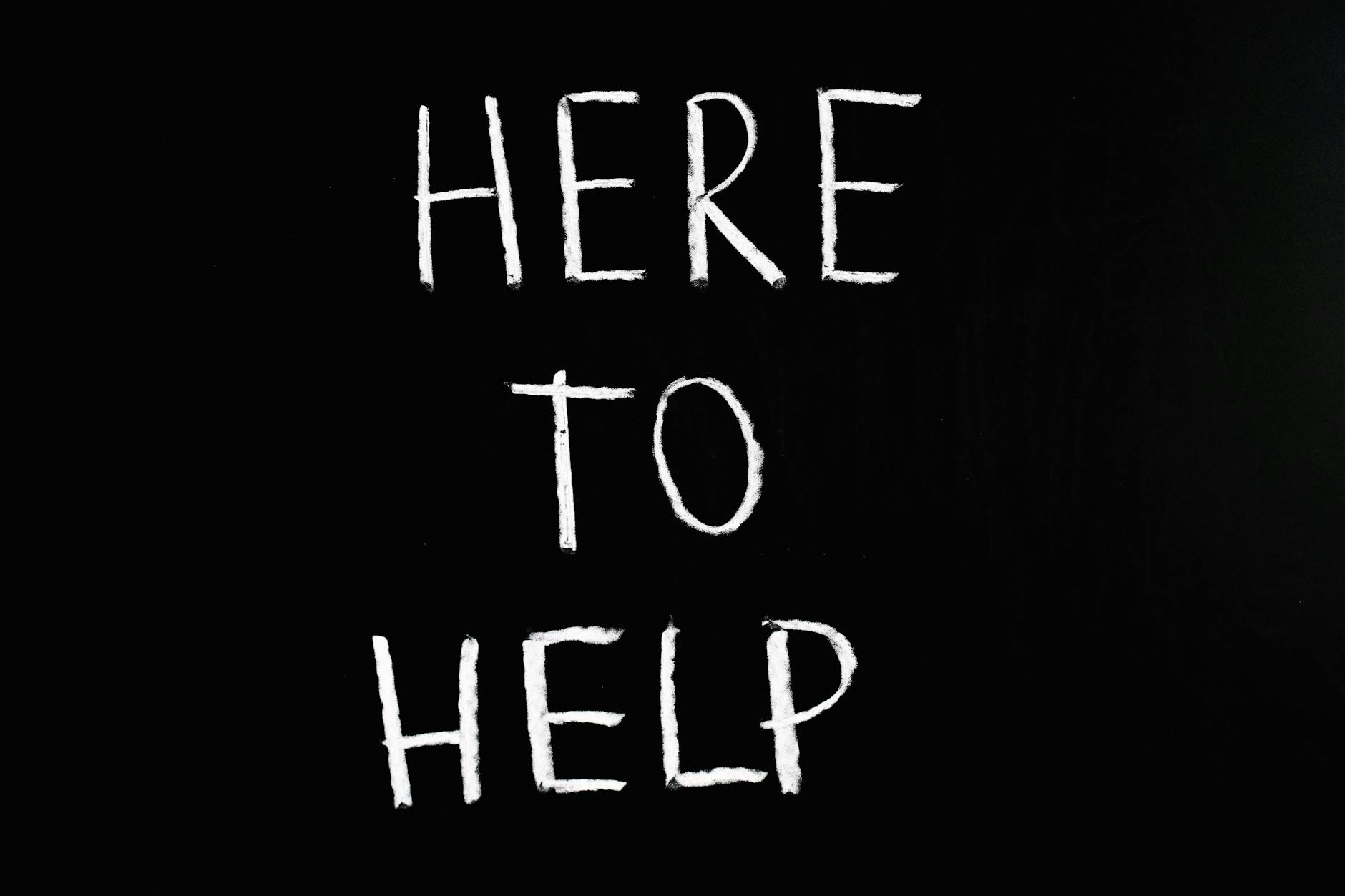The Benefits of Project-Based Learning in Early Childhood Education

Empowering Young Minds Through Hands-On Learning
Project-based learning (PBL) has gained popularity in the education sector for its effectiveness in promoting critical thinking, problem-solving, and creativity among students. While commonly utilized in higher education, PBL can also be highly beneficial in early childhood education settings. Here are some key benefits of incorporating project-based learning in preschools and elementary schools:
- Enhanced Engagement: Young children are naturally curious and eager to explore the world around them. By engaging them in hands-on projects, educators can capture their interest and make learning more meaningful.
- Development of 21st Century Skills: PBL helps children develop essential skills such as collaboration, communication, and adaptability, which are crucial for success in the modern world.
- Real-World Application: Projects that mimic real-world challenges allow students to apply their knowledge in practical ways, making learning more relevant and impactful.
- Encouragement of Creativity: By encouraging students to come up with their ideas and solutions, PBL nurtures creativity and imagination in young minds.
- Long-Term Retention: Research shows that project-based learning leads to better retention of information compared to traditional rote memorization methods.
Overall, project-based learning can transform the early childhood education experience, providing young learners with the tools they need to succeed in an ever-changing world.





